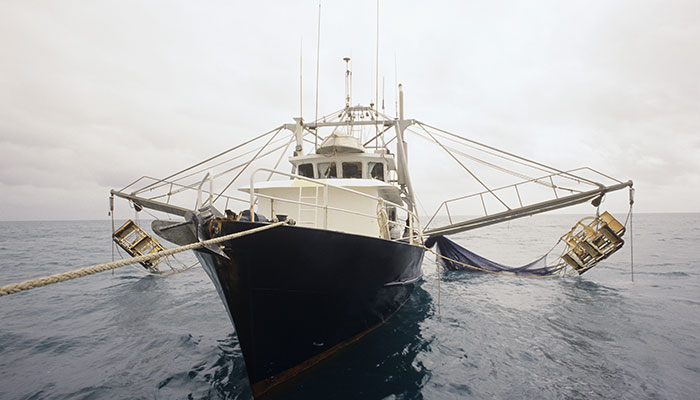In a report published today, the bank said “fishing less and fishing better” would lead to increases in the weight, value and price of fish caught, boosting the profitability of the fisheries sector by $83bn and creating a much-needed revenue stream for developing countries.
“Giving the oceans a break pays off,” said Laura Tuck, World Bank vice-president for sustainable development. “Moving towards sustainable fisheries management, through approaches that are tailored to local conditions, can yield significant benefits for food security, poverty reduction and long-term growth.”
The report says that marine fisheries are “in crisis” globally. The proportion of fisheries that are fully fished, overfished, depleted or recovering from overfishing hit 90% in 2013.
Some varieties of tuna, seabass and halibut, among others, have been overfished to such an extent that their survival as a species is threatened.
The declines in fish stocks threaten humans too, putting the lives and livelihoods of those who rely on the sea for food and an income at risk.
While the report advocates taking locally appropriate approaches, it says that, whatever strategies are chosen, fishing capacity will have to be reduced.
This in itself jeopardises the livelihoods of millions of fishers. Governments will have to fund the development of alternative work and provide technical assistance throughout the process.
Many governments already support these fishers with subsidies, which not only fuel unsustainable and illogical fishing practices and distort markets, but also mask the true cost of doing so, the report said.
Recent estimates suggest that subsidies for fishing top $35bn per year – around $20bn of that is provided in forms that increase fishing capacity further.
Re-evaluating these would create immediate fiscal savings and redress economic distortions, the report says, noting that this does not mean governments should reduce their support to the fisheries sector. Rather, assistance could be channelled along a more productive path, such as supporting fishers to reduce their fishing or change livelihood altogether.
Other measures governments should consider include restricting the gear, catch allowances or areas in which people can fish, reducing the number of licences that can be issued or limiting fishing through catch shares or rights-based management that is centred, for example, on different territories for specific communities.
Schemes that improve management practices and give access to higher-value markets could also be considered, alongside cracking down on tackling illegal, unregulated and unreported fishing.
As well as increasing the annual net benefits of the fisheries sector by a factor of almost 30 from $3bn per year to $86bn, the bank said this would almost triple the biomass of fish in the ocean, increase annual harvests by 13% and increase fish prices by 24%.
Meanwhile, it would produce sorely needed revenues for developing countries, in particular in Africa and Asia, and serve to make communities more resilient to shocks such as climate change.
If the problem persists, the bank warned the impact of climate change would further exacerbate the depletion of fish stocks, “adding to the urgency of long overdue reforms”.














